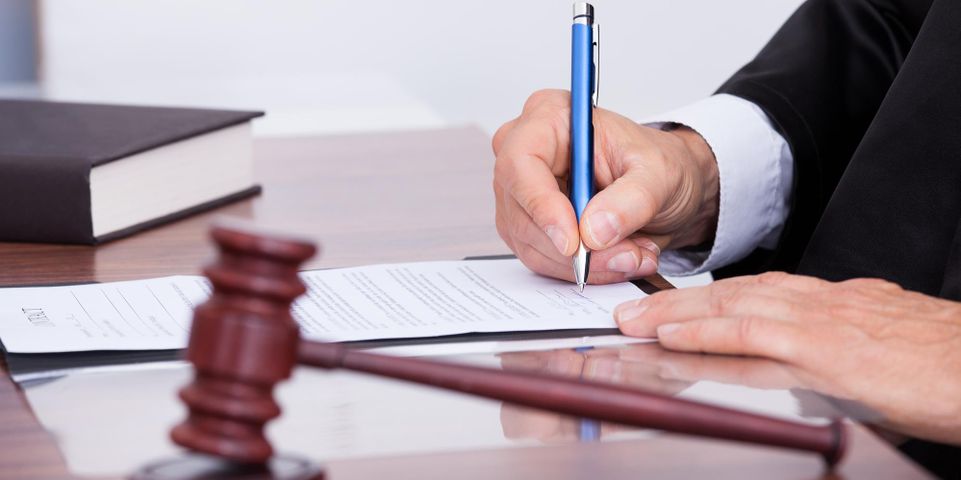
The law recognizes that individuals have a right to protect themselves or other people, even if it means committing criminal acts. However, the legal system places the burden of proof on the defendant, whose attorney must be able to show that the use of force was necessary. Below are some of the elements needed for successfully claiming self-defense in a criminal case.
3 Items You Need to Prove for a Self-Defense Claim
1. Imminent Danger
For use of force in any situation to be justified, the defendant or another must have been in immediate physical danger. If the opposing party committed acts of physical violence, brandished a weapon, or made explicit threats of bodily harm, these may all qualify, depending on the situation. Attorneys will also tell you that the threat must have been ongoing. Therefore, a defendant who assaulted an assailant after the attack was over would likely be unable to claim self-defense.
2. Reasonable Fear
 To decide whether the defendant’s fear was justified in any particular situation, the courts typically use the “reasonable person” standard. If a normal individual in the same circumstances would have been afraid for their lives, then you may have had cause to respond violently. Even if the fear was unreasonable by that standard, your attorney may be able to argue that your perceptions were genuine and you acted according to a perceived threat.
To decide whether the defendant’s fear was justified in any particular situation, the courts typically use the “reasonable person” standard. If a normal individual in the same circumstances would have been afraid for their lives, then you may have had cause to respond violently. Even if the fear was unreasonable by that standard, your attorney may be able to argue that your perceptions were genuine and you acted according to a perceived threat.
3. Duty to Retreat
Some states mandate that force is only to be used as a last resort, requiring defendants to avoid the situation if they can do so safely. Many states, such as Nebraska, exempt the defendant’s own home or workplace, and many other jurisdictions have no duty to retreat at all.
If you’ve been charged with a criminal offense, the attorneys at Reiman Law Firm will provide the aggressive representation you need and the personal attention you deserve. They’ve been serving clients throughout the Lincoln area for over 15 years. Visit their website to learn about their criminal defense services, or call (402) 477-2130 to schedule a free initial consultation.
About the Business
Have a question? Ask the experts!
Send your question

